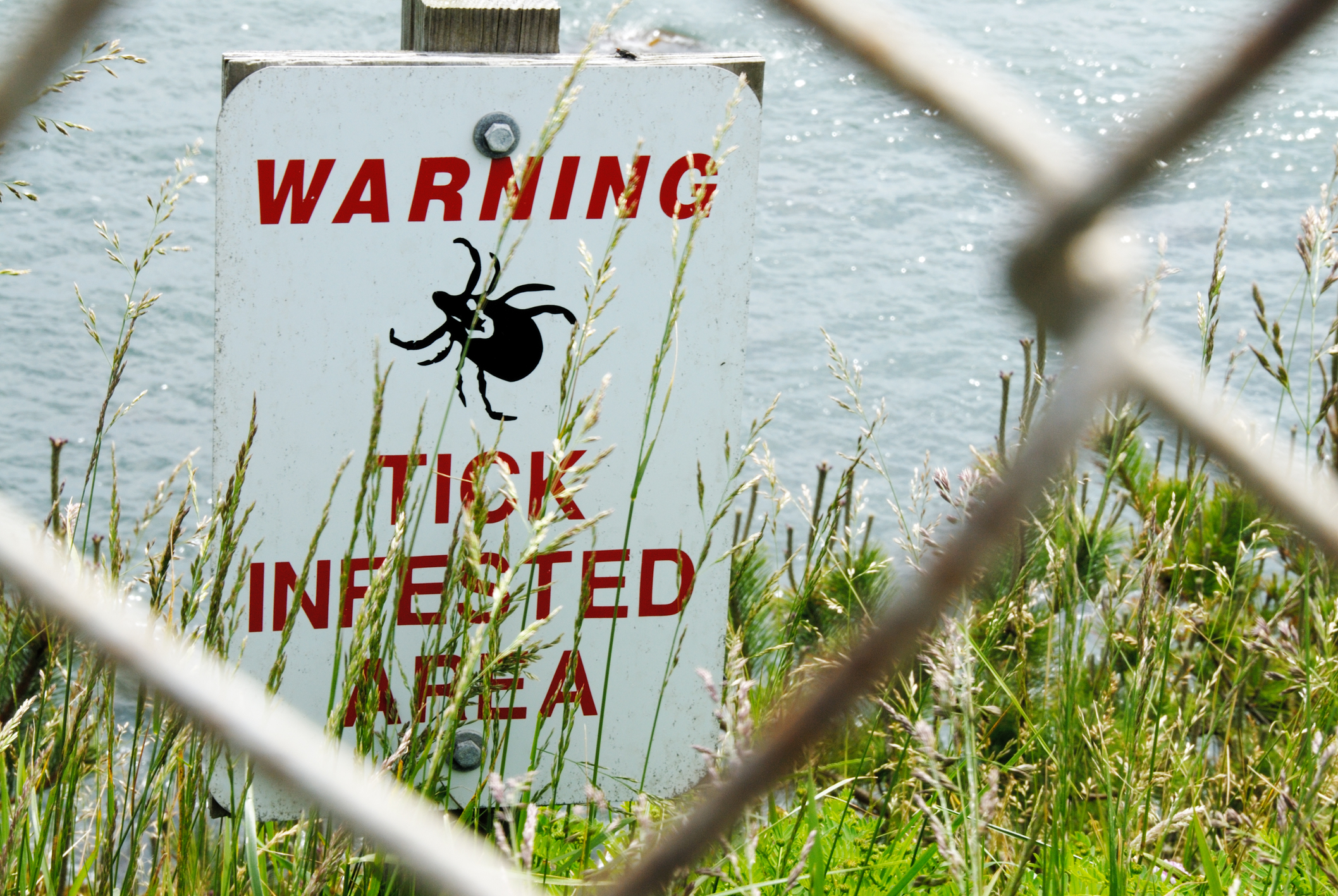Washington, D.C. – The U.S. House of Representatives has approved an amendment from Rep. Chris Smith (R-NJ) directing federal investigators to examine whether the Department of Defense experimented with weaponizing ticks during the Cold War.
The measure, attached to the Fiscal Year 2026 National Defense Authorization Act (NDAA), tasks the Government Accountability Office (GAO) with reviewing military, NIH, USDA, and other agency research between 1945 and 1972 involving tick-borne bacteria.
Smith, a longtime advocate for Lyme disease research, cited concerns that past military experiments may be linked to the spread of Lyme disease, which is widespread in his home state of New Jersey. “As the threat of Lyme disease and other tick-borne illnesses looms larger every year, an investigation into its origins may provide answers for those that suffer from Lyme,” Smith said.
New Jersey ranks among the nation’s highest for Lyme cases, with infections reported in all 21 counties. Smith noted that military personnel training at Joint Base McGuire-Dix-Lakehurst are also at increased risk during peak tick season.
The amendment follows earlier unsuccessful efforts in 2019 and 2021. Smith pointed to the book Bitten: The Secret History of Lyme Disease and Biological Weapons by Kris Newby, which includes interviews with Dr. Willy Burgdorfer, the scientist who discovered the Lyme-causing bacterium and who previously worked as a U.S. government bioweapons researcher.
The House passed Smith’s measure as part of the sweeping $892.6 billion NDAA, which authorizes a 3.8% pay raise for service members, $22 billion in shipbuilding, $38 billion for air dominance programs, and $142 billion for research and development, including counter-drone technologies.
The bill also funds $3 billion for new military housing, childcare centers, and schools, and allocates billions to secure the southern border, strengthen Taiwan’s defenses, support Israel’s missile programs, and rebuild U.S. munitions stockpiles.
The Senate must still consider the NDAA, which has previously been a roadblock for Smith’s tick-related amendment.
Key Points
- The House passed Rep. Chris Smith’s amendment to investigate Cold War-era tick bioweapons research.
- The probe will review military and federal agency research from 1945 to 1972.
- The amendment is part of the $892.6 billion FY26 NDAA, which also funds pay raises, weapons programs, and military housing.
The tick mystery now heads to the Senate as lawmakers weigh the defense bill.
